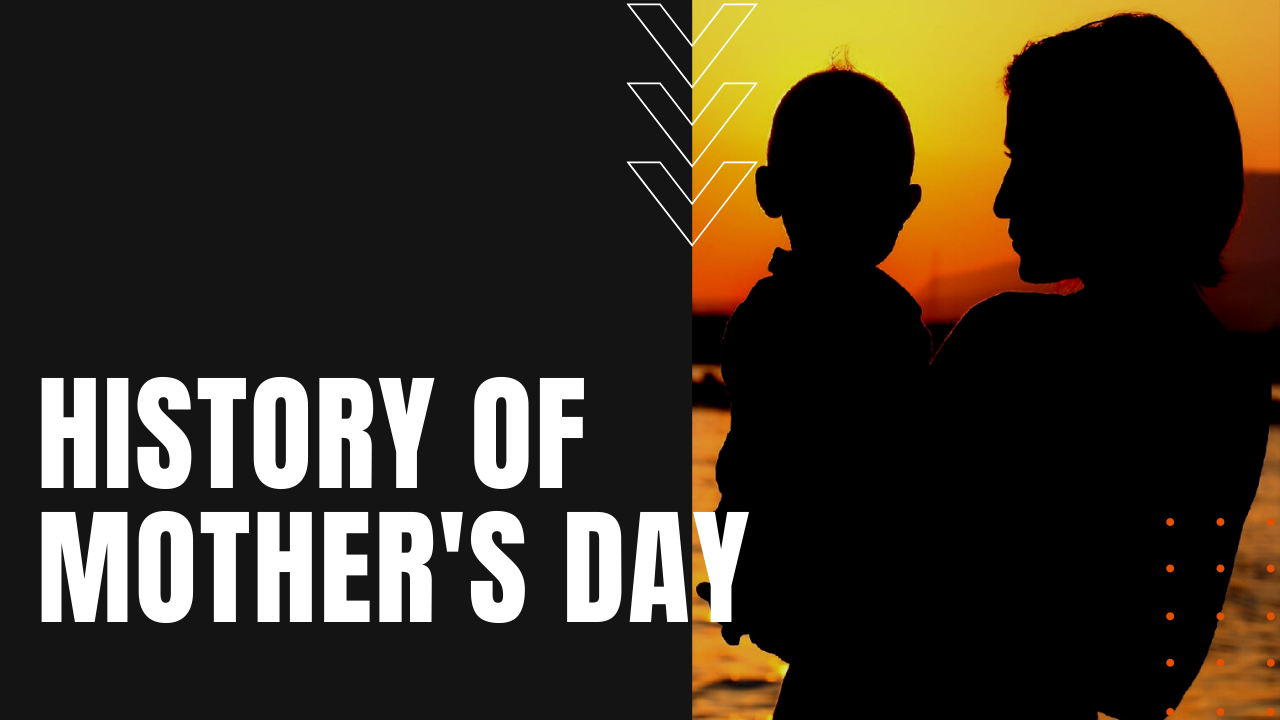History of Mother’s Day

The ancient Greeks were the first to pay tribute to mom, with a spring festival that honored Rea, the mother of all Greek gods. In medieval Britain, servants were given the fourth Sunday of Lent to travel home and spend the day with their mothers, which was a custom that became known as Mothering Sunday.
Anna Jarvis’ Mother’s Day
The modern era of Mother’s Day was the creation of Anna Marie Jarvis, who admired her mother for tending to the wounded during the Civil War, and later working as a community activist. When young Anna was twelve, she believed she heard her mother pray that someday there might be a memorial day for mothers everywhere, for all the nurturing good that they do. Young Anna never forgot the prayer, and when her mom died in May of 1905, Anna’s plan for Mother’s Day was born.
On the second anniversary of her mother’s death, Anna held a church memorial dedicated to her mother’s good deeds, followed by a second memorial in May of 1908, where she handed out white carnations to all the mothers in attendance, which was her mom’s favorite flower. She then contacted Philadelphia philanthropist John Wanamaker, who joined a Mother’s Day committee with the hope of honoring all mothers all across the nation.
In 1910, West Virginia became the first state to observe the second Sunday in May as Mother’s Day, and after a fierce letter-writing campaign, Anna convinced Congress to federally recognize the holiday.
In 1914, President Woodrow Wilson signed a bill that officially made the second Sunday in May a dedication to mothers everywhere. The holiday was meant to be spent in church, where afterwards, sons and daughters would write thankful letters to their mothers. Red carnations were worn on Mother’s Day to honor living mothers, while white ones honored mothers who had died.
Mother’s Day Monetized
With each passing year, more and more Mother’s Day carnations were sold, and by 1920, greeting card companies got on board with Mother’s Day cards. By 1924, the holiday creator was so appalled by the commercialization of Mother’s Day that she petitioned Congress to abolish the day altogether.
In 1930, Anna was arrested for disturbing the peace at a Mother’s Day carnation sale, sadly spending the rest of her life and fortune fighting the holiday. She died in 1948, leaving no children to celebrate her memory.
